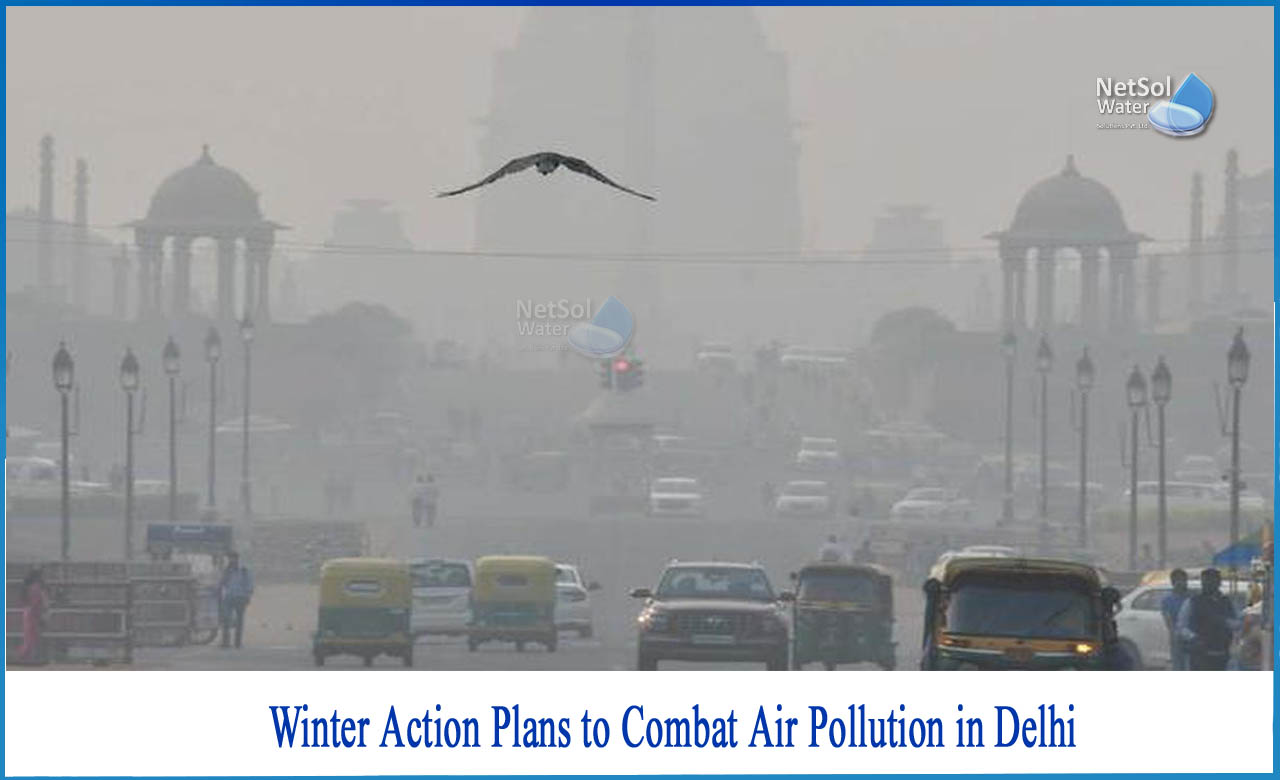What is Delhi doing to reduce air pollution?
Delhi, a Union Territory, home to India's capital, is one of the most polluted cities in the world. The scale of air pollution is enormous. It has a negative influence on people's health, the environment, and the city's economy. Despite substantial evidence of air pollution's severity and impacts, India's Governmental actions remain inadequate.
Delhi has some of the worst levels of air pollution of any city in the country. As soon as winter approaches, Delhi braces for a severe bout of air pollution. The consequences are severe, including an increase in particulate matter concentrations in the air (environmental), a decrease in life expectancy (health), and substantial state costs.
Vehicle exhaust, heavy industry such as power generation, small-scale industries such as brick kilns, suspended dust on the roads caused by vehicle movement and construction activities, open waste burning, combustion of fuels for cooking, lighting, and heating, and in-situ power generation via diesel generator sets are the main sources of air pollution in Delhi.
The city's landlocked geographical location, crop burning in adjacent states (Punjab, Haryana, and Rajasthan), automobile emissions, industrial pollutants, and large-scale construction activity are the most important reasons for Delhi's severe levels of air pollution.
Let us take a look at “10-winter action plans” that can help in reducing Delhi's air pollution-
1. Use of public transportation
One of the significant sources of air pollution is vehicular movement. Toxic gases such as carbon monoxide and nitrogen oxides are released by our personal vehicles, such as cars and two-wheelers, polluting the air. To avoid the city's air becoming increasingly poisonous, we should rely on public transportation, which will save money while also conserving the environment.
2. Avoid burning garbage
Many people have been observed burning waste rather than disposing of it in municipal garbage dumping sites due to their laziness. The discharge of harmful gases into the air as a result of garbage burning pollutes the ecosystem and the air we breathe. The Government must take harsh measures against violators, including fines and imprisonment.
3. Walking or cycling
If you need to travel small distances, you should either walk or ride your bike. Both methods will aid in the reduction of air pollution produced by our private automobile use. At the same time, it will assist us in maintaining our health.
4. Using an inverter for power backup
During power outages in the city, diesel generator sets are frequent. Despite the fact that the Delhi Pollution Control Committee (DPCC) has outlawed the use of diesel, petrol, and kerosene-fueled electricity generators in the city, residents should be urged to use inverters for backup power.
5. Preventing landfill fires
We have witnessed fires at garbage sites in Delhi on a regular basis, and they can last for days or weeks. The smoke from such fires engulfs the city spreading harmful chemicals and an unpleasant odour. The capital’s municipal bodies must take extra precautions to avoid landfill fires.
6. More CNG vehicles
Encourage the use of compressed natural gas (CNG) in motor vehicles because it is a cleaner fuel than gasoline or diesel by lowering the road tax and sales tax on CNG-fueled cars when compared to petrol and diesel four-wheelers. Because at least 1,400 new automobiles are introduced to Delhi roadways every day, all new petrol cars should be restricted to CNG only. Also, new registrations should be discouraged.
7. Control of Stubble burning
When farmers clear rice straw or stubble in the fields by burning it, it leads to high levels of air pollution in the region. In winters, when people suffer the most due to respiratory ailments, this adds to the problem. Farmers are being awaked about how to use agro-waste, which in the case of rice accounts for around 70 percent of the crop, for enriching the soil or sell it to bio-fuel and power plants.
8. Measures at construction sites
Utilization of C&D waste is being targeted and implementation of dust mitigation measures at construction sites should be ensured.
9. Installation of Anti-smog guns
Delhi in the recent past has witnessed lots of trouble due to smog. Installation of anti-smog guns at construction sites and proper management of C&D waste to control smog during winters should be encouraged.
10. Green Delhi application
‘Green Delhi’ mobile application launched by CM of Delhi through which people can bring pollution causing activities to the Government’s notice. The application will identify the location and the complaint will be automatically forwarded to the concerned department for time-bound redressal.
How can Netsol Water help?
Netsol is a pure-play technology firm that provides a wide range of solutions aimed at addressing water, wastewater, waste, air concerns throughout the world, including resource conservation, optimization, recycling, and reuse.



